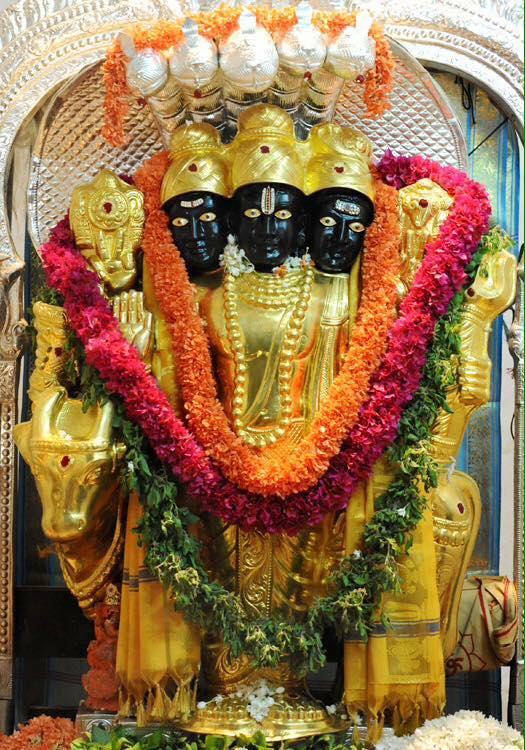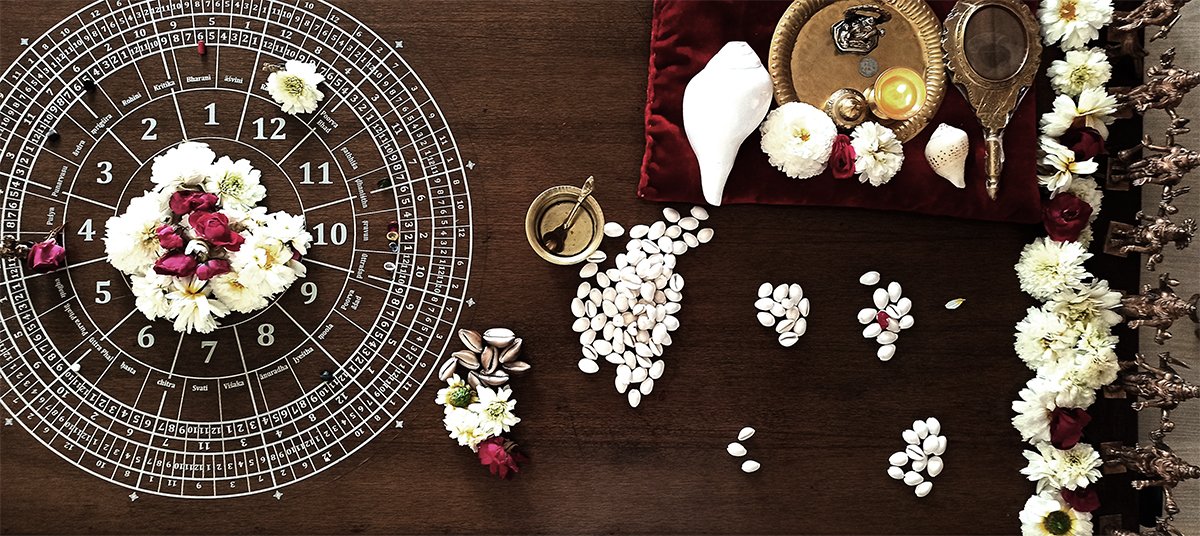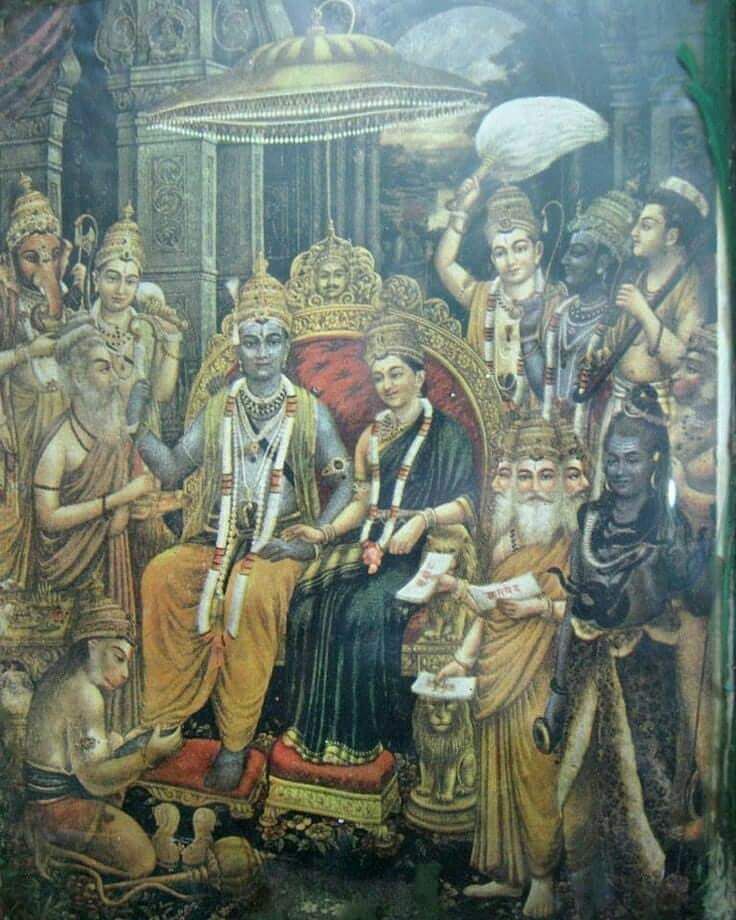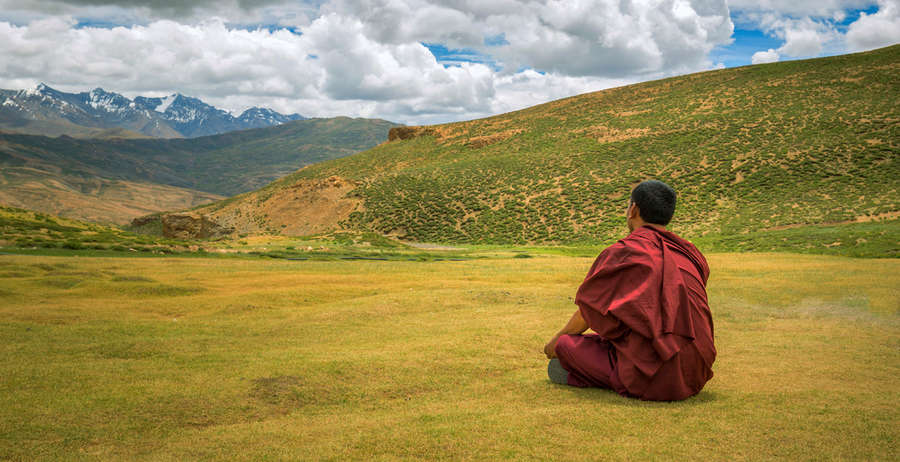
The deep secret of Praśna and the aftermaths of imprudent questions/ Real Incidents
The secrets of answers by ḍevthas.
Praśna or deva pṛcchaka samagama (meeting of divine and the questioner) is not an ordinary process. The cowries that represents the Moon (mind) are moved by
The secrets of answers by ḍevthas.
Praśna or deva pṛcchaka samagama (meeting of divine and the questioner) is not an ordinary process. The cowries that represents the Moon (mind) are moved by

the ḍaivagya (astrologer) but they are not just rotated ordinarily.
The clockwise motion requires the ḍevthas invoked by the astrologer to enter the area where the question is been asked (in reality). This moment can only be understood by a real ḍaivagya who can feel the
The clockwise motion requires the ḍevthas invoked by the astrologer to enter the area where the question is been asked (in reality). This moment can only be understood by a real ḍaivagya who can feel the
movement in spine or presence of ḍevthas during question. So basically jyotiṣī is invoking divine for answering the questions of the seeker. That Praśna is useless where the ḍevthas are not felt during session and that will never give correct answers.
The real answers will
The real answers will
only come when ḍevthas enter the area during the movement of the cowries. Usually mundane questions are not answered by ḍevthas and they do not come even when the other person is not good or carries bad intentions in heart (simply they do not answer for bad souls). They only
appear when they like the questioner (or his karma) and so the answers are not in the control of the jyotiṣī but in the control of the ḍevthas.
The most important thing that one needs to understand is that these ḍevthas come for you to answer your questions. There is an
The most important thing that one needs to understand is that these ḍevthas come for you to answer your questions. There is an
effort done by them. Lack of respect for these ḍevthas or non-sensible imprudent questions (which is asked 95% of the time) will only bring the wrath of the ḍevthas to the questioner. So we have to ask for forgiveness after Praśna.
Even in prayers we always seek forgiveness
Even in prayers we always seek forgiveness
even for remembering God, because we are remembering him/her for no reason. It is kaṣṭadāyī for ḍevthas. So in Praśna a respect of the seekers is required and so is the forgiveness. In tradition, the jyotiṣī (ḍevthas) are offered beetle leaves, fruits and dakṣiṇā and only
then the question is asked. This is done with proper respect for ḍevthas. In modern days, nobody cares. People think money can buy this, which is the stupidest thought. So the answers come in different modes and shades. I have observed that straight pure and almost divine answer
come to people who offer respect and ask the questions in revered manner. Confused minds, lowly souls will only suffer the wrath for even asking the question.
These actions causes troubles during Praśna because the astrologer calls ḍevthas on behalf of questioner. Sometimes
These actions causes troubles during Praśna because the astrologer calls ḍevthas on behalf of questioner. Sometimes
they do not come and when they come they are usually asked for forgiveness after session.
The real method involves invocation of ādhāra śakti Sri Gaṇeśa. Then Guru is invoked and then the iṣṭha of Jyotiṣī is invoked. The saṃkalpa is taken after announcing Pancanga details
The real method involves invocation of ādhāra śakti Sri Gaṇeśa. Then Guru is invoked and then the iṣṭha of Jyotiṣī is invoked. The saṃkalpa is taken after announcing Pancanga details
and the birth nakṣatra and name of the individual is used for invocation. This is almost like a Pooja ceremony. Without this all Praśna sessions are useless wild goose chase.
Who do not get the correct answers?
1.Jyotiśīs who do not follow the procedure never get the correct
Who do not get the correct answers?
1.Jyotiśīs who do not follow the procedure never get the correct
answers.
2.Jyotiśīs who lack invocation of mantra ḍevthas also do not get the correct answers. This usually requires years of Sadhna.
3.People who ask question without respect.
4.People who have bad intentions, who want to test the astrologer or who are engaged in very bad
2.Jyotiśīs who lack invocation of mantra ḍevthas also do not get the correct answers. This usually requires years of Sadhna.
3.People who ask question without respect.
4.People who have bad intentions, who want to test the astrologer or who are engaged in very bad
karma in their lives.
5.People who are snobbish and proud of their money, position etc. Such people are not liked by my iṣṭha. I have seen that she gets angry at such people. No humbleness on part of questioner will bring no humbleness from the deity.
6.People who are
5.People who are snobbish and proud of their money, position etc. Such people are not liked by my iṣṭha. I have seen that she gets angry at such people. No humbleness on part of questioner will bring no humbleness from the deity.
6.People who are
affected by ghosts sometimes lose consciousness or cannot enter the sanctified area of invocation, so they do not get the answers. For them long distant work through internet is better. (Which is better 99.99%) because then nobody can disturb the sanctity of my temple like Praśna
room.
7.When people ask about dead people.
Real life incidents:
1-A female during a live Praśna session on youtube asked a very spiritual question. Before I could even touch the cowries, there was a strong presence of the devī. This lady asked that she is a Vaishnava but is
7.When people ask about dead people.
Real life incidents:
1-A female during a live Praśna session on youtube asked a very spiritual question. Before I could even touch the cowries, there was a strong presence of the devī. This lady asked that she is a Vaishnava but is
attracted to śākta bhakti. The devī was in full mood of answering the question and it was very positive.
2-A person who was very proud of his government post came to office. The devī did not came despite of repeated requests. His question and even intentions were hidden. He
2-A person who was very proud of his government post came to office. The devī did not came despite of repeated requests. His question and even intentions were hidden. He
asked about his dead son, which is a kind of restriction in Praśna session. So he never got good answers.
3-A person from Bangalore came to my office. He is an ardent devotee of Sri Lalitā and immediately a blue bee (भ्रामरी) entered the room. The devī came without invocation to
3-A person from Bangalore came to my office. He is an ardent devotee of Sri Lalitā and immediately a blue bee (भ्रामरी) entered the room. The devī came without invocation to
answer his questions because he had devotion for devī. He also felt the presence of the devī and admitted that he felt very strong vibrations during meeting.
4-Devi is very karuṇāmayī but for her karuṇā an utter respect is required for ḍaivagya (being a devotee of the
4-Devi is very karuṇāmayī but for her karuṇā an utter respect is required for ḍaivagya (being a devotee of the
ḍevthas) and ḍevthas both. Lack of this matter will get bad answers. This persons considered himself a great sadhak. He has kept so many śivaliṃga, śālīgrāma and idols in his house. He keeps reciting mantras and all. However, Praśna answered that he is suffering from curse of
yoginis & kśetrapala. He did not like the answer despite of the fact that I have no personal grudges against him.
unroll @threadreaderapp
• • •
Missing some Tweet in this thread? You can try to
force a refresh










